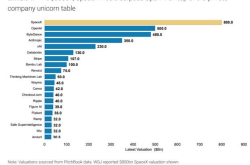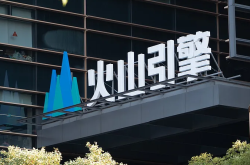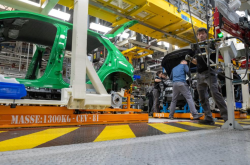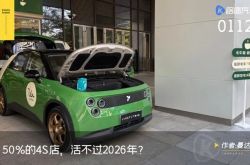Car Industry Leaders Fight Against "Involution", But There Won't Be Another Round of the Game
![]() 06/14 2024
06/14 2024
![]() 723
723

From striving to be "internet celebrities" to "fighting against involution," the "big bosses" in the automotive industry have begun to reflect deeply.
The new era of automotive marketing has seen Lei Jun of Xiaomi Automobile officially enter the game, which has "triggered" a chain reaction among chairmen. Specifically, Lei Jun, a model worker, did not rest on weekends and directly started live streaming to showcase Xiaomi's SU7.
Many car company leaders, unwilling to let public opinion tilt one way, have aligned their workloads with Lei Jun. As a result, the conventional practice of "the sons of wealthy families do not sit idly" has been unprecedentedly overturned in the Chinese automotive market.
Whether it's a good thing or a bad thing, no one can say for sure. But after a wave of turmoil has passed, many chairmen have escalated their "involution" and truly felt the hardships of "working people." The discourse of "fighting against involution" has indeed become more prevalent.
Could it be that they really can't compete anymore?
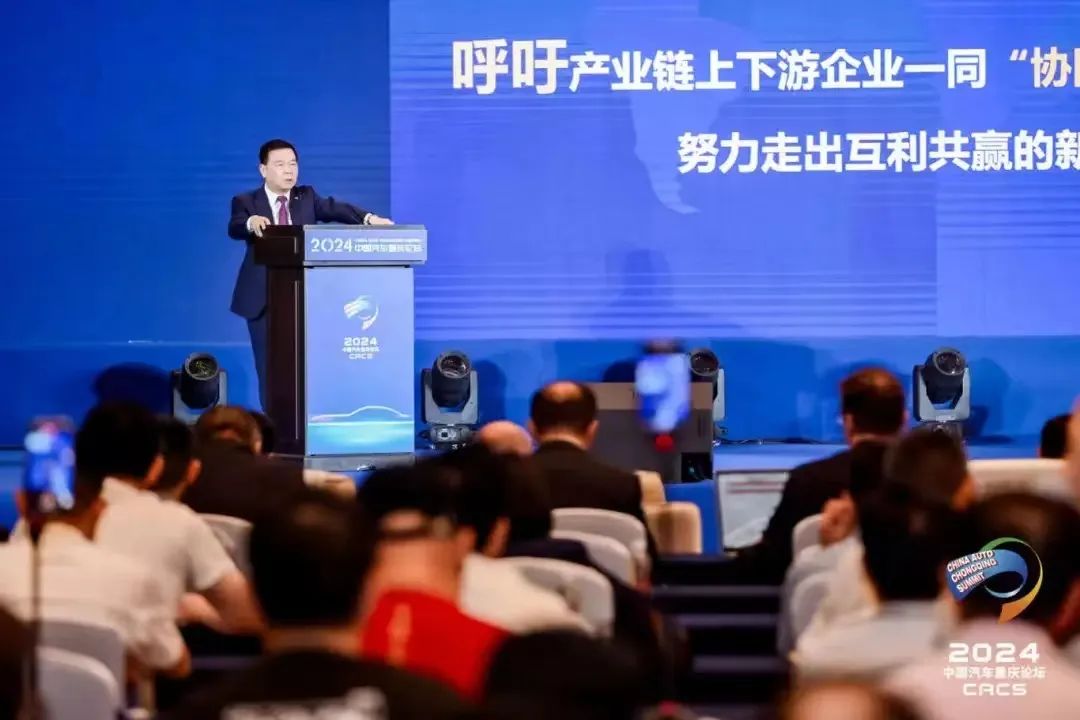
"Involution is not a solution. What is the goal of a business? To make a profit. And what is the purpose of making a profit? To contribute to the country and society, pay taxes, and create job opportunities."
Zeng Qinghong, Chairman of GAC Group, remains as straightforward as ever; meanwhile, he also hit the nail on the head: "But how many layoffs have there been in the industry? GAC Group has also laid off quite a few people. If this continues, what will happen to society and the country?"
It is obvious that cost reduction and efficiency enhancement are often the first step in "involution," and the "extensive recruitment plan" is often one of the most brutal but easiest ways to achieve this.
However, one fact must be recognized—do not go against common sense.
Where can you find such a good thing that is good, cheap, profitable, and can "shelter all the poor scholars in the world"? If the car companies' often-repeated "long-termism" and "customer-centricity" are merely停留在口头上, they are truly useless.
Fighting Against Involution Should Be Targeted
Undoubtedly, from hardware and product competitiveness to price, cost-effectiveness, and even chairmen and marketing, many car companies have gone to great lengths to gain a foothold in the new era and lock in market share.
"Endless involution and简单粗暴的价格战 lead to cutting corners, fraud, and unregulated competition. Add to that the current dominance of traffic, sometimes it's quality traffic, sometimes it's more watered-down traffic."
Yang Xueliang of Geely directly stated the harm of involution and said:
"Various underhanded tactics, water armies, rumors, and other irrational and abnormal behaviors have left users confused, the industry disoriented, and the market in a mess. Collectively sliding into involution and unable to extricate themselves, this kind of unsustainable development is a very passive situation."
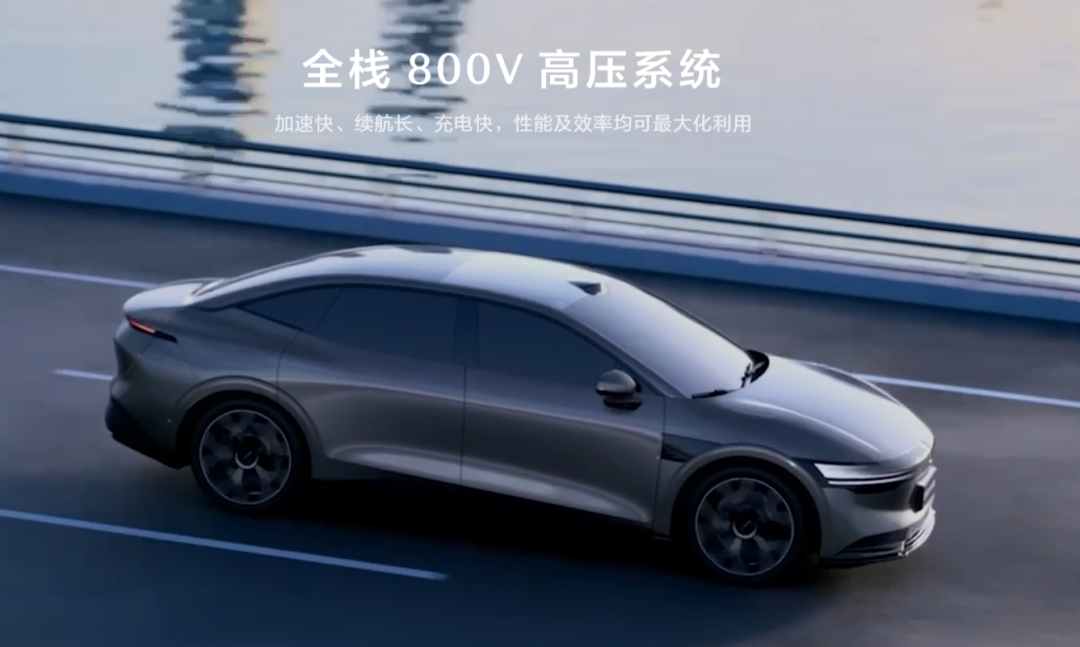
The current market environment is bound to be competitive. But there must be a reason for the competition.
For example, when electric vehicles' 800V platforms reach the 150,000 yuan level, technology and products resonate, bringing tangible convenience to consumers and addressing range anxiety. In this regard, I personally believe that this is "good involution."
Similarly, some car companies are investing real money in building battery swapping networks, transforming the entire energy replenishment system into brand power, which is also a form of "good" involution.
When it comes to involution, it's inevitable to mention the "open and covert struggles" among major car companies in terms of intelligence.
It is said that in the era of new energy vehicles, the first half of the competition is electrification, and the second half is intelligence. Therefore, it is not difficult to see now that major car companies are beginning to place heavy bets on intelligence.
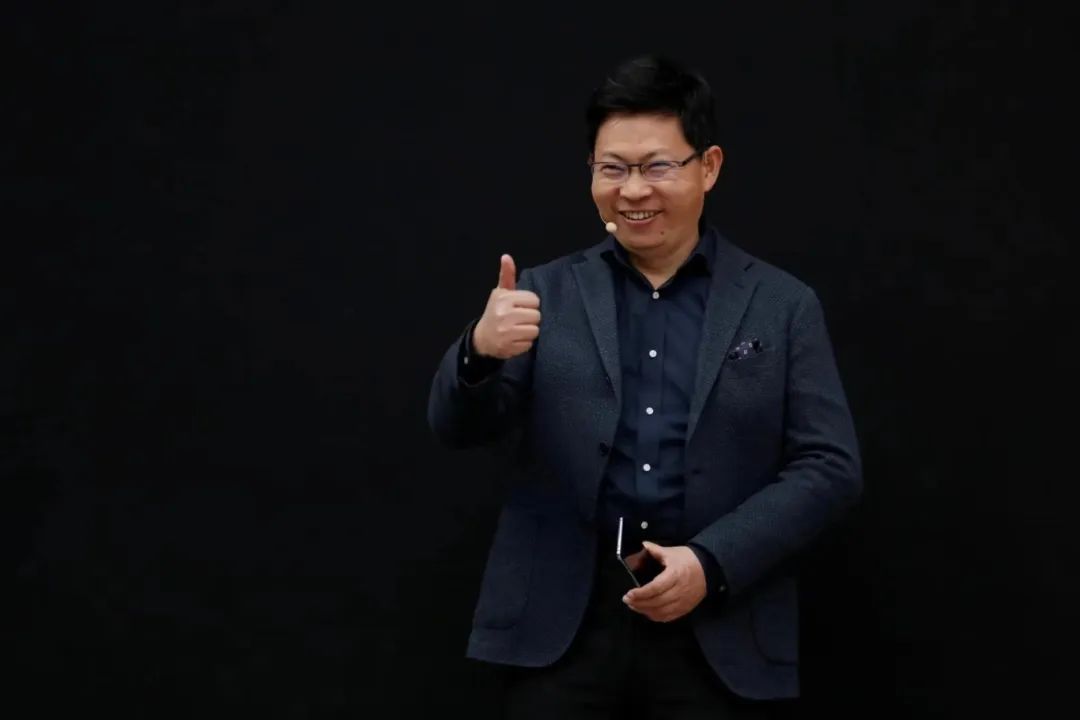
Xiaomi and Huawei's aggressive moves have left new carmaking forces like NIO, XPeng, and Li Auto struggling to cope, while traditional car companies are somewhat stretched. When one side has already launched "nationwide-capable" intelligent driving, and the other side's high-speed NOA is barely usable, the gap is evident.
Of course, in order to compete for a leading position in intelligence, hardware stacking has become a trend among major car companies. NVIDIA Orin, Qualcomm 8295... if one is not enough, just add more. Whether it's smart cockpits or intelligent driving, it's all about "stacking."
If intelligence capabilities are enhanced while ensuring vehicle quality and safety, this is definitely a good thing. But if the cost of enhancing intelligence functions is "taken out" or "squeezed out" from other vehicle costs, it is somewhat shortsighted.
Quality is always the facade of a car company, unless it is determined to operate with a conscience.
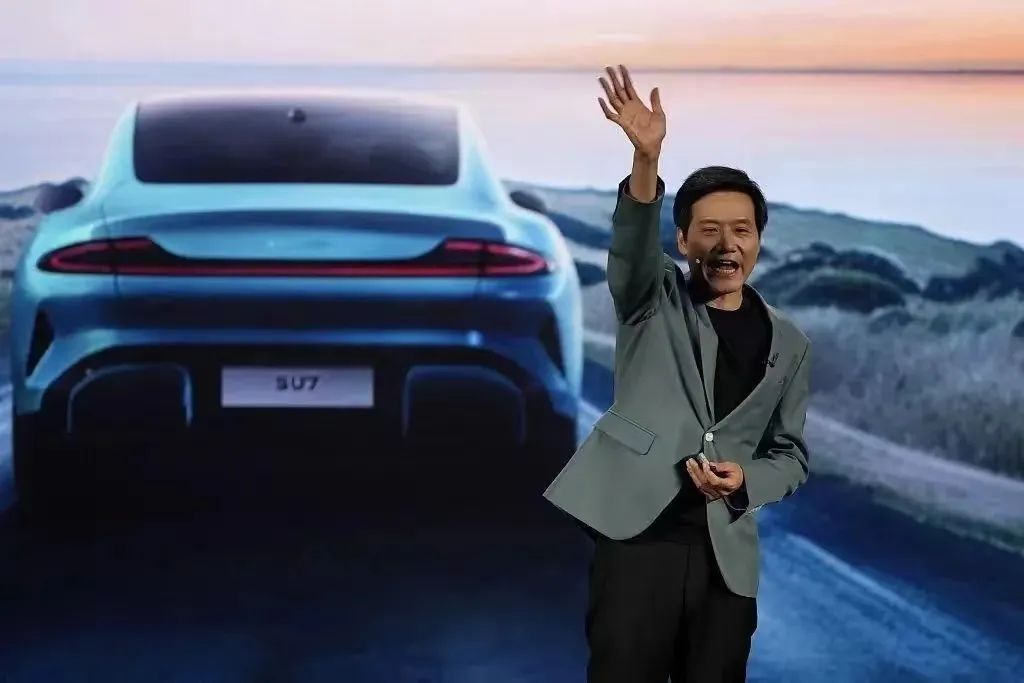
Involution should have boundaries, and similarly, fighting against involution should be targeted. Under the regulation of market laws, how could several companies sit down together and decide not to lower prices just by saying "no price cuts"?
The domestic market has a characteristic that whenever there is competition, there will inevitably be low prices to grab market share, and the Chinese automotive market is no exception. Personally, I of course support low prices, but they must be quality low prices, low prices with product competitiveness, rather than selling a bunch of "garbage" at discounted prices.
So a new question arises: What exactly are we fighting against when we fight against involution? I think there are three points:
First, killing a thousand enemies without mercy and damaging oneself in the process, ruining the market, and ultimately becoming a monopoly, only to reap profits again. Second, meaningless model launches, such as A00-class cars, when the market is becoming saturated, it would be better to research battery technology more. Third, inappropriate chairman live streams and abuse of the chairman's IP. Boomerangs will certainly come back, and Li Xiang is a vivid example.
The more competition, the fairer it is, but everything needs to be based on the premise of healthy market development.
Will There Be Another Round of the Game?
Given the current state of the domestic market, if one overcorrects, one will definitely go too far; if one rigidly fights against involution, it will certainly breed more dark sides. Therefore, facing fierce market competition, it is still necessary to choose an indirect approach, which is another form of involution.
Zhu Huarong, Chairman of Changan, is not deeply repulsed by "involution":
"I am an optimist. I believe that involution is a process of good money driving out bad money. Involution itself means the pursuit of excellence, which will drive Chinese brands to new heights, maximize user benefits, and truly create value for users. I believe that in the next ten years, there will undoubtedly be more Chinese brands that will become world-class brands."
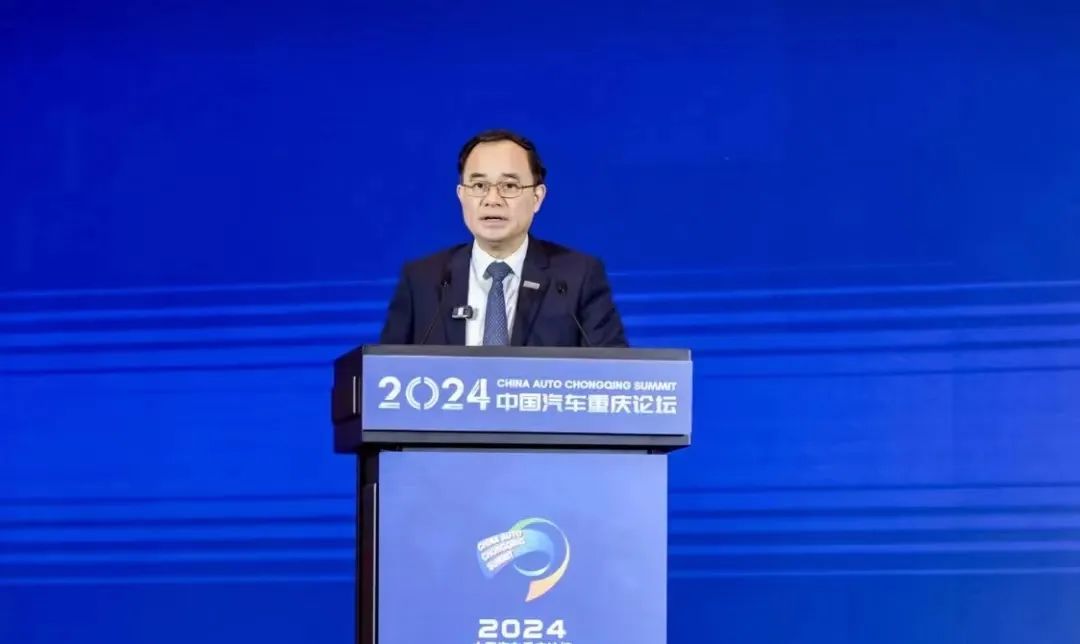
From different perspectives, involution has both positive and negative meanings. But stepping out of this "circle," one will discover that the reason why car companies are so actively involved in involution, and even somewhat urgently, is to catch the tailwind of the times.
WM Motor, AICHI, Ziyoujia... Many Chinese new energy vehicle startups have faded away, especially at this critical moment of unprecedented changes in the automotive industry. No one wants to become a "discarded pawn."
Aren't you afraid? When you see once-mighty joint venture brands being tamed, and luxury brands like BBA starting to offer discounts and promotions, can you still sit calmly on the sidelines?
This game of cards, I'm afraid, really only has one round, and one round decides life and death.
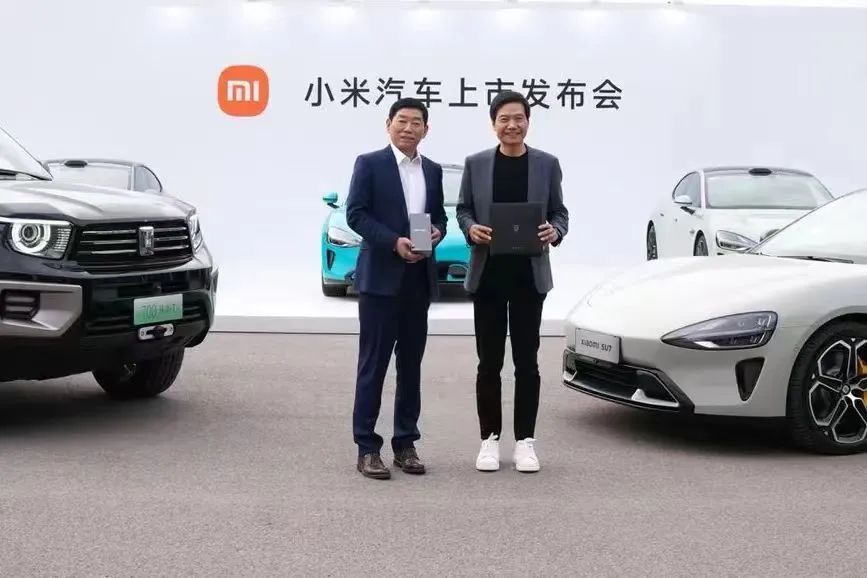
Strategically adhere to fighting against involution "with a target," and tactically resolutely engage in "meaningful" involution.
It must be admitted that the era of earning money while lying down is over. The era of proactive progress is coming. According to data from the China Passenger Car Association, the domestic retail penetration rate of new energy vehicles in May was 47.0%, an increase of 14 percentage points from 33% in the same period last year.
At this rate, it is a foregone conclusion that the new energy penetration rate will exceed 50% this year. With the support of new energy buffs, all iterations and updates will become increasingly rapid.
It's not alarmist to say that in the era of "the fast fish eats the slow fish," those who react slowly and have no trump cards will really be left behind. In the end, even selling cars at a loss may not be possible, and it will be too late to regret.

So, how can we take an indirect approach?
Category innovation like Great Wall's Tank, home use exemplars like Lixiang, value references like Zero Run... There are many paths, but they all converge on the same goal: making one's weaknesses less weak and strengths stronger, coupled with sufficient sales strength, one can play a powerful card.
There is only one chance to sit at the table. If you don't seize it, you will be served on the dining table and become "fish meat."
The current market environment is not too "smooth." Tesla is looming, and overseas markets such as the US and the EU are "tripping up" Chinese electric vehicles. Domestic car brands are also "fighting to the death"... Obviously, it has now reached a critical juncture in the development of China's new energy automotive industry.
Ten thousand years is too long; we only strive for the present moment.
In fact, only by winning this round of the game can one be qualified to continue moving forward. Therefore, the question is not involution versus anti-involution, but whether major car companies are prepared to "put life and death aside" in the face of such a market.
The future is here, let's wait and see.
```

